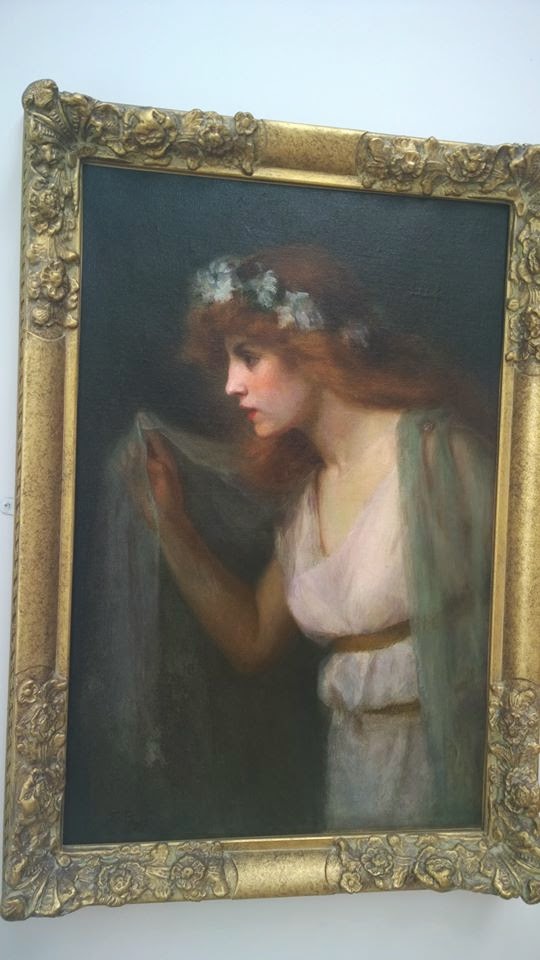During April and May we ran our annual 'Feedback Sessions'. We trialled it last year and it seemed to be very useful for our members so we decided to give it another go. We asked our members to forward some poems or prose which they felt they needed another opinion on. We then distributed these to the rest of the group and allowed a month to read through, reflect, and think of some constructive comments for each piece. Then, when we met up, we gave this feedback in person. We spread this over two months to try and encompass anyone who could only attend either one of the sessions.
We feel that feedback is invaluable to our members in their aims to improve their work. It's always useful to have a second pair of eyes look over your work. It can have many benefits:
- Others may pick up on little mistakes you've overlooked, e.g. spelling/grammar, a misused word, a missing rhyme etc.
- Readers can let you know whether they feel that your work is 'accessible.' That means whether they can understand and follow your work. Some people think that 'good' writing means using lots of long words, but not everyone will understand these. Most people want to write for an audience - they want other people to enjoy their work. If your audience can't understand your work, they won't enjoy it, so it's worth listening to what they have to say!
- Your audience may interpret your work in a different way to how you intended. Because you have written the words with the 'message' of the piece in your head, you can't accurately assess whether it gives an audience enough information to get the point of the piece. e.g. If you have written a murder mystery, you will already know who the killer is while writing. But have you made it too obvious or too obscure who the killer is in the story? Your audience can tell you.
- Some people who might have more experience in writing might give you feedback to technically improve your work. This could be publishers/mentors/editors etc. They know what kind of work is likely to get published, so if you want to become published, they could have some valuable tips for making your writing flow well. They've got to where they are by learning and taking on feedback, so they're looking to impart their knowledge on you.
As you can see, feedback can be a real chance to learn something about an individual piece of work, or your writing in general. But what if different people give you conflicting feedback? What if you don't agree with their feedback?
Well, the bottom line is that you are the only one who can make decisions on your work. Feedback is nothing more than suggestions, although some of it can be suggestions backed by experience and good
practice. You have to consider every piece of feedback and think "will this benefit my work and take it in the direction I want it to go?" It's up to you to make that assessment. It's your work and your responsibility - you don't have to change anything you don't want to.
So we know feedback is important, but what if someone asks you to give feedback? Will they think you're being mean about their work? Where do you start?
Well, at
Blakenhall Writers we have an understanding and sympathetic method of giving feedback. We make sure our members know that we are not criticising an individual when giving feedback, but merely suggesting how their work could be improved, in our opinion. From there on, as we said above, it's up to the member to decide whether or not to edit their work based on feedback received.
If someone requests that you give them feedback, make sure you have an understanding in place with them that they are willing to receive 'constructive criticism', or even offer some work of your own if you can, for them to review in return. Most of the time if you are approached to give feedback, the person will understand the importance of feedback, but some people will just want to be told how good their work is, so set the ground rules beforehand to make sure you don't ruffle any feathers ;)
You might not have had to think critically about a piece of writing before. It's not just about what could be improved in the piece, but also what works well, and what the writer's strengths are. Don't forget you can read through a piece as many times as it takes to form your opinions on it. Here are some tips to keep in mind when reading through work.
- What is the first think that strikes you about the piece/what is the most memorable part? It might be that one thing doesn't strike you, so give it a read through, and then in ten minutes or so, think back to what you remember about the piece. Was there a stunning image, and fun ending, a surprise?
- What did you enjoy about the piece? Which parts flowed well, and were enjoyable?
- Were there any parts which felt awkward or out of place? Can you figure out why they felt awkward in the piece?
- Can you pick out any writing techniques the author has employed, and do they work well in the piece? e.g. rhymes, alliteration, metaphor. These can add real colour to a piece, but sometimes they aren't effective.
- Did you understand what the piece was about? This is the mark of whether a piece is written effectively or not.
Hopefully feedback seems a lot less daunting now. It's a really useful tool for writers to learn from and interact with each other, and shouldn't be discounted, regardless of whether you agree with a person's opinions or not. Enjoy sharing your work with others to find out what they think of it. :)




















